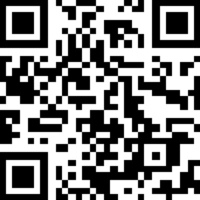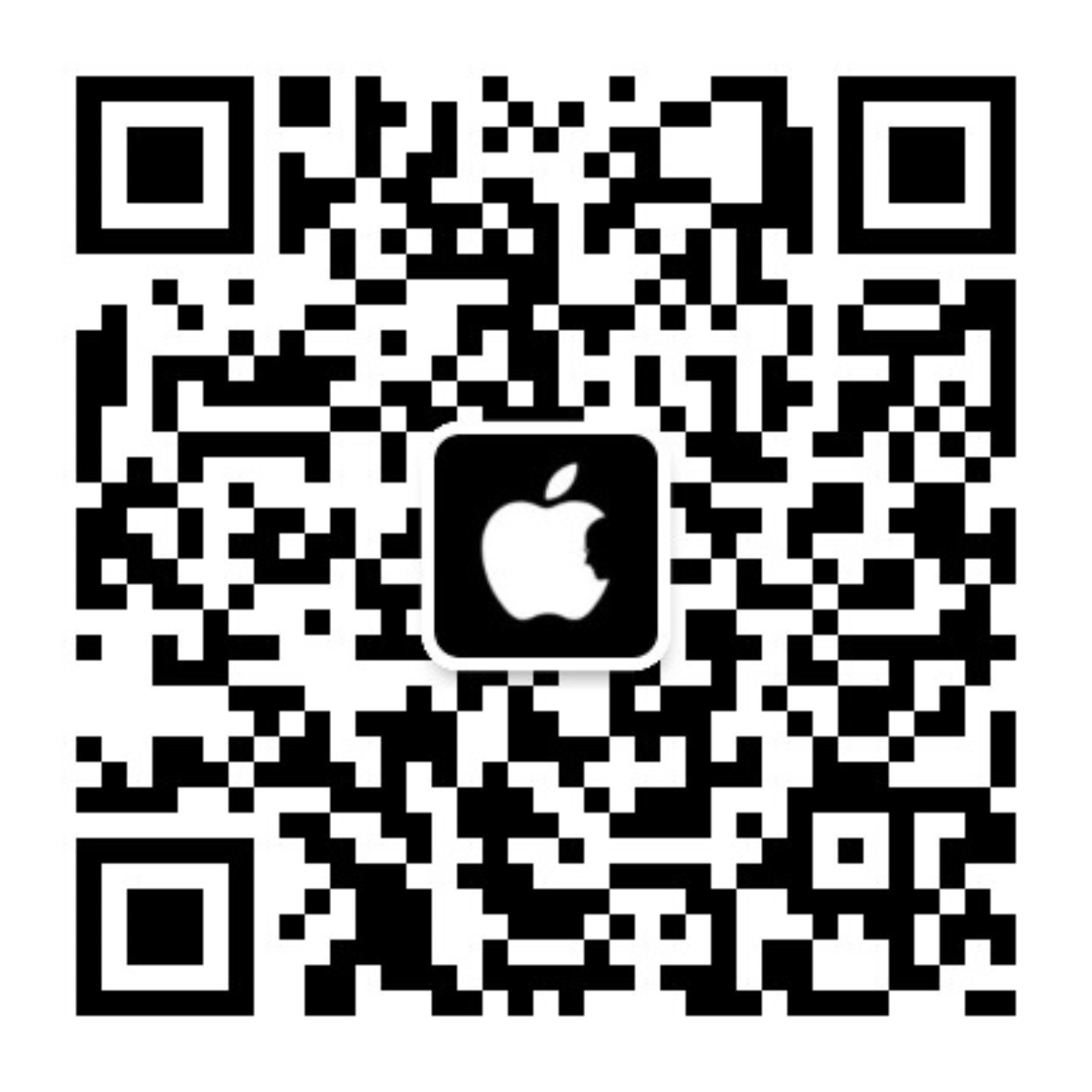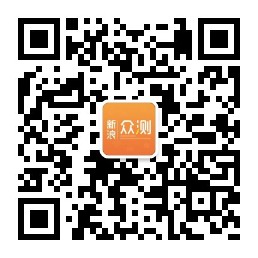Produced by: Sina Technology
Compiled by: Muir
In February 2017, Fuller wrote a long post with 2900 words, accusing her of gender discrimination when working in Uber. In order to let the public see the truth, Fuller did not hesitate to put his identity, life, security and personal privacy in danger.
Susan Fowler has never really written a line of code since she left Uber in 2016. She hasn't tried hard. To this end, she also registered for a Coursera course to learn new content. However, she is still too nervous and anxious to even complete a simple project.
Do you miss the days when you wrote code?
"I don't miss writing code at all, because those days combined too many unpleasant experiences," Fuller said. She read Gretchen Carlson's book Be Brave: Stop Sexual Harassment and Take Back Your Rights, and then an idea flashed through her mind: In a certain industry, women who expose sexual harassment never return to their original industry.
For Fuller, the same is true. She is no longer a software engineer.
We sat in a place with an interesting name in the Bay Area. I won't say the specific location, because after Fuller's blog article exposing Uber's internal sexual harassment spread everywhere, she was often followed and harassed by private detectives and others. In fact, she agreed to meet me only after I promised not to reveal my address.
"My life is really different now," she said. "I'm always cautious."
This was two weeks before the release of her memoir Whistler. In addition to the usual nervousness, Fuller was also troubled by anxiety before publication. But you can't see her anxiety from her appearance. Dressed in a black leather jacket, a grey collar top and jeans, she sat there elegantly and quietly. She seems to have no makeup; Hair also looks like natural drying. In other words, at first glance, you would think that it was an ordinary middle-class woman in her twenties who took a noon break. And Fuller, indeed, is taking a lunch break.
Leave Uber and bid farewell to the engineering industry
You know this ordinary woman is because she did something very unusual. In February 2017, Fuller wrote a long post with 2900 words, accusing her of gender discrimination when working in Uber. When she posted her post on her website, she did not expect that her article would make headlines half an hour later. She never thought that her little move would eventually lead to the resignation of Travis Kalanick, the CEO and founder of the company.
 Kalanik, former CEO of Uber
Kalanik, former CEO of Uber She not only elaborated on the details of sexual harassment - even on the first day of employment, she was resisting her direct supervisor's rude sexual harassment. In "The Informant", Fuller wrote that when she realized what was happening, she felt a twinge of nausea. It is an indisputable fact that she was sexually harassed. "When I think that I work in a large company with a huge human resources department, I feel a sense of relief," she wrote.
If you are one of the 6 million readers who have read Fuller's post, you already know the end of the matter: Fuller was told that her superior "performed significantly". In addition, this is the first time that he has offended women. However, it was not until Fuller made friends with other female engineers that she found herself cheated. Several other female colleagues who had unpleasant experiences with the supervisor were also told by the HR department that this was his first mistake. "This is Uber's script," she said. "I always think that there should be a solution, right?"
She kept fighting with Uber's human resources department in a Kafka style, and was constantly frustrated. Reading these experiences, one has to admire Fuller's tenacity. On one occasion, she wondered whether it was possible to report to the Human Resources Department. She wants the system to work properly. She was complaint Get it in front of Thuan Pham, the former chief technology officer of Uber. But pam did nothing, fuller wrote. In fact, when women (including Fuller) complained about sexual harassment at work, Pam did not take any action for several times.
After reading her memoirs, it's hard not to believe that she is persistent because she believes that there will always be people in the world who care about her current situation. Fuller was born in Arizona and was educated at home. For her, the authority figures she came into contact with during her growth were her parents. "The authority figures I believe do not support me and do not keep their promises, which makes me feel very unaccustomed," she said.
Fuller said that sexual harassment is often the tip of the iceberg of other forms of labor violations and misconduct. The problem of Uber's internal corporate culture starts at the top: Kalanik and Pam like to watch their employees fight each other for status. Mike Isaac introduced Uber under Kalanik's leadership in detail in his book Super Pumped, which describes Uber. Breaking the rules and breaking the law is the internal normal.
Uber exhausted Fuller physically and mentally. This is not the first time she has been sexually harassed. As early as when she was studying at the University of Pennsylvania, her classmates threatened her to commit suicide if she was not moved by his true feelings. Fuller wanted university administrators to pay attention to her own experience, but failed.
When she reported her problems to the school, she was treated coldly by another student's adviser, who was also the master of the physics department and the administrative staff of Penn University. Fuller also believed that, therefore, she failed to obtain a master's degree in philosophy. This disrupted her first professional interest - becoming a physicist, and her second professional interest - becoming a professor of philosophy. Now, she can only work in engineering after graduation, because she can write code. She never thought of becoming a software engineer. But the experience and lesson from that initial encounter finally played a role in Uber's incident: recording unfair treatment. "I often joke that I went to Penn University mainly to learn how to deal with sexual harassment and unfair treatment, but physical or philosophical knowledge became secondary."

Fuller's first two jobs in the technology industry were in smaller companies, and no human resources department could complain. Her first job was at Plaid, a financial data company. At that time, she found that her male colleagues worked less hours than herself, but earned more than her $50000. Her second job is in PubNub, an infrastructure company that develops push notifications. Her boss told her that the men she had dated would secretly recruit prostitutes, and all women were the same, just trying to make money from men's pockets. The boss also told her that PubNub installed hardware to allow the company to read employee SMS messages, and he was very looking forward to seeing the intimate SMS messages she sent to her date. Fuller accepted Uber's job interview invitation. Maybe finding a big company with a real human resources department is the right way.
After working in Uber for six months, Uber's internal corporate culture began to seriously affect Fuller's life. She didn't get enough sleep, was anxious, and often quarreled with her boyfriend and mother. She is still not panic attack. "I was often criticized at work meetings, and this experience gradually made me afraid, alert, and panic," she wrote. She is not alone. Those engineers who have been employed for the longest time in Uber "seem to have suicidal thoughts". Fuller felt that he had gradually become a person she hated. Therefore, she left Uber - farewell to the engineering industry.
One post, another world
Whistleblowers are a bunch of different people. To some extent, the decision to make immoral acts public is a person's sacrifice of his loyalty to the organization, employer or individual for the sake of his inner sense of justice. Few people are willing to take on this role, not to mention the serious consequences of doing so. Because of the action taken, the informants will lose part of their social identity.
After we met, Fuller wrote an email to me, saying that she heard that she was labeled "# MeToo". Someone told her that others were only interested in the sexual harassment in her story. To some extent, her memoirs emphasize her other identity: she is regarded as an ordinary family member with a loving husband. In fact, Fuller's infamous experience in Uber was revealed only in the second half of the whole memoir, which can also be regarded as a structural narrative resistance to the collapse of her identity.
In order to let the public see the truth, Fuller did not hesitate to put his identity, life, security and personal privacy in danger. She wrote in the book: "Based on everything I know, sharing my experience with the world is likely to make my own life fall apart."
She spent several days in deep anxiety, because she knew that she could not keep silent, but could not write. "I remember that I just sat there for several days, and the psychological pressure was getting heavier and heavier. Then I thought, 'OK, I won't write today. I will write tomorrow.'" Fuller said, "I told myself that I would start writing tomorrow."
It was a book written by Viktor Frankl, Man's Search for Meaning, that finally prompted her to write that blog post, telling the story of surviving from the Nazi concentration camp. "As I read, I thought, would I be a good person?" She said, "The danger has exposed our nature completely. I have just experienced all this, how can I walk away as if nothing happened and pretend to know nothing?"
She sat down and began to write her own article, carefully avoiding emotional content; After all, she is a woman, and her emotions will make the narration appear unreal. She didn't mention her name in the article, only her official title. Every sentence has evidence to follow. Her article was published several months before the # MeToo Campaign. #When the MeToo campaign was launched, powerful men were accused of improper sexual behavior. But Fuller's efforts are different. Most of the stories of # MeToo involve multiple women. Their experiences are very similar, so journalists can easily establish a model. Moreover, almost all # MeToo stories focus on male individuals, rather than the whole system of protecting these men.
But Fuller pointed his spear at Uber. Not one sexist manager, nor two. It's all -- and the human resources system that protects them. When Fuller wrote these words, she did not expect that there would be such a big wave in the future. She was just thinking that maybe someone could use these materials in the lawsuit. "I haven't quite figured it out yet," she said.

Uber is now notorious: it is unsafe for female passengers to ride in Uber; The company has already faced several lawsuits, and negative news has also emerged one after another. When Kalanik was interviewed by GQ in 2014, he said that it was as convenient to find a girlfriend as to hit Uber; "We'll do it as' Niubu '." When Fuller wrote her post, it was no secret that she was hostile to women. Less than half an hour later, journalists had already smelled this article. Fuller's post confirmed that Uber's treatment of women's problems has been very serious, even to the extent of breaking the law. Fuller's phone was suddenly bombarded by SMS and phone calls, and new news on social media kept reminding. (Her Gmail and Twitter The application crashes first).
Fuller was working at Stripe. Her immediate supervisor, the CEO of the company, praised her for her courage. But the company's communications director was cautious and said to Fuller, "You should not associate your name with sexual harassment."
In order to prevent the company scandal from continuing to fester, Kalanik launched an investigation into Uber's corporate culture, but it was too late. A few days after Fuller's post was sent out, Mike Isaac published an investigation report in the New York Times, which introduced the so-called "Hobbes" culture in detail, fundamentally supporting Fuller's complaint against Uber's bad environment. In March 2017, a month after Fuller's post was issued, Isaac again published a report describing Uber's internal "Grey Ball Plan" - aimed at avoiding the government authorities that may restrict the company's operation.
At the beginning of Fuller's new book, she sat down and talked face to face with Eric Holder, the former US Attorney General. Holder was one of the heads of the investigation. But according to The Whistleblower, this is not the only investigation Uber has conducted. In addition to the investigation led by Holder, Perkins Coie, a law firm, also carried out the investigation, as well as the investigation carried out by Uber's internal lawyer. According to Fuller, the purpose of the investigation conducted by the internal lawyer is to "destroy evidence and intimidate employees".
 Susan Fuller
Susan Fuller When Fuller was young, she always had an idea - she said, maybe from the movie - that if you do things right, everything will be solved. Everything will be ready; The error was corrected. However, after the blog post was released, things did not move in this direction. The reality is that some people are also investigating Fuller.
In addition to reporters, other people also began to contact Fuller's relatives and friends to ask her personal information. Fuller receives a call from a woman who claims to be a private detective investigating the Uber case; After she hung up the phone, she found that the company where the woman worked actually helped other companies discredit the victims of sexual harassment or sexual assault. Others tried to steal Fuller's social media account Facebook The account was stolen many times. Her sister's Facebook account was also implicated.
Gradually, Fuller felt more and more that there were few people to talk to, because her conversation was repeatedly leaked to reporters. In addition, the slander against Fuller also surfaced. A reporter contacted Fuller and told her that she had taken Lyft Money. (This is false news.) When this rumor doesn't work, other rumors follow: her sexual harassment stories are all lies; Uber executives indulged in alcohol and banquets, and women including Fuller were among them; Fuller's post was ghosted by her husband.
Then someone began to follow her. "Until I started writing this book, I was followed by private detectives," she wrote. Morgan Richardson, a former Uber employee, once said that the private detective employed by the company illegally broke into her home. Fuller was worried that the same thing would happen to him. Fuller's friends in Uber also gradually disappeared from her life. A person familiar with the matter said that despite the use of encrypted chat with automatic destruction, the company still found that she was still in contact with Fuller, and was very worried about retaliation.
Fuller said, "Sometimes I really hope I didn't do anything, because the reality is too terrible. But I always said to myself, no matter what the outcome, at least you made the right choice. Yes, the reality is very bad, very cruel. But back in the past, to start again, I must still make the same choice."
Finally, an abridged Holder survey was made public. (The full version has not been published yet.) The first suggestion on the list is "review and reassign the responsibilities of Travis Kalanik". Kalanik will take an indefinite leave after the release of the survey recommendations; Seven days later, he announced his resignation.
Kalanik's toughness has led to many things, such as his harshness to himself and others, his aggressiveness and so on. But when I talked with Fuller, I didn't feel that she was a person who loved conflict. On the contrary, she is very kind, which makes me feel comfortable talking with her. But in her book, you will see such sentences many times: "I have made up my mind", "I have decided", "I have made up my mind"... In people like Kalanik, the tough character is more obvious. But after all, he was expelled from his own company by people with strong will like him. From this point of view, without these scandals, Fuller could have been an ideal Uber employee.
dense willow trees and bright flowers
The harassment finally subsided, but Fuller still seemed to have lingering fears, always alert to the nightmare. After Kalanik resigned, Dara Khosrowshahi succeeded as CEO. Once, Fuller asked Kosrosasi if there were any private detectives following her; Kosrosasi replied that I would "stop all these evils". ("He said that Uber's use of private detectives was' simply abnormal '," which was Fuller's description of her dialogue with Kosrosasi, "' It's unbelievable that something like this has happened '.")
 Uber's current CEO Dara Kosrosasi
Uber's current CEO Dara Kosrosasi I also asked Fuller whether the big culture of Silicon Valley had really changed after her blog post and the # MeToo movement. She thought for a moment and said that not all companies are the same as Uber. When some deep-rooted ideas in Silicon Valley culture are released, Uber is the obvious negative example. What makes Uber so foul is the extreme subversive mentality - complete irresponsibility and complete belief in the inapplicability of the law. "I believe this attitude (in Silicon Valley) has changed a bit," she said
She said that she hoped things would get better and better, especially now that journalists are also trying to let the public see what is behind these companies - their values and the way they treat employees. "If I have to say what I learned from my work experience in Uber, it is the company's attitude towards their employees and their attitude towards the world," Fuller said. In Uber, the company's contempt for employees also reflects their contempt for consumers.
However, Fuller also cautiously said that he was no longer in the technology industry. Her views are also different from before. I asked her if Silicon Valley needs to think about it and the technology industry needs to face up to its own nature. "I didn't really think about it," Fuller said. She has already left the technology industry, so it is difficult to comment on which aspects still need to be changed. Her last job as an engineer was in Uber. When she left Uber in 2016, she said goodbye to her identity as an engineer. Four years has been a long time for the rapidly changing technology industry.
There is no need to feel sorry for Fuller. She even felt a little lucky. Although she missed the first career choice (physics), the second choice (philosophy) and the third choice (software engineer) because of the obstruction of those institutional forces that protect sexual harassment, she loved journalism. When talking about her role as an editor of the New York Times, her face was filled with joy. "I've come to the right place," she said. "This is where I'm needed." Fuller is embarking on a big privacy project.
Author: Elizabeth Lopatto
Original link: https://www.theverge.com/2020/2/19/21142081/susan-fowler-uber-whistleblower-interview-silicon-valley-discrimination-harassment























